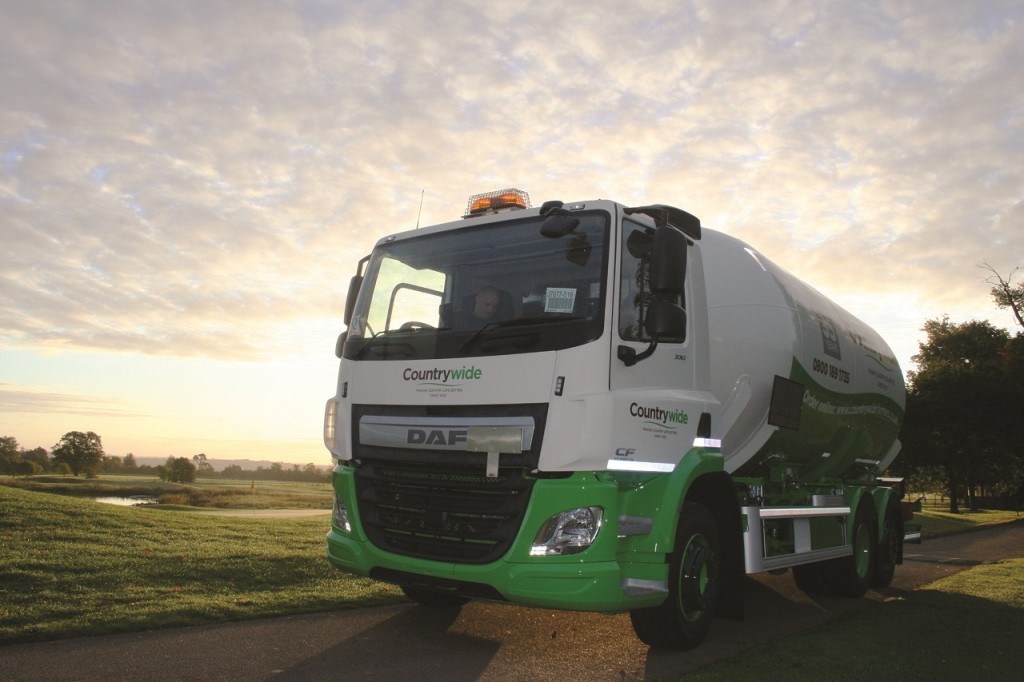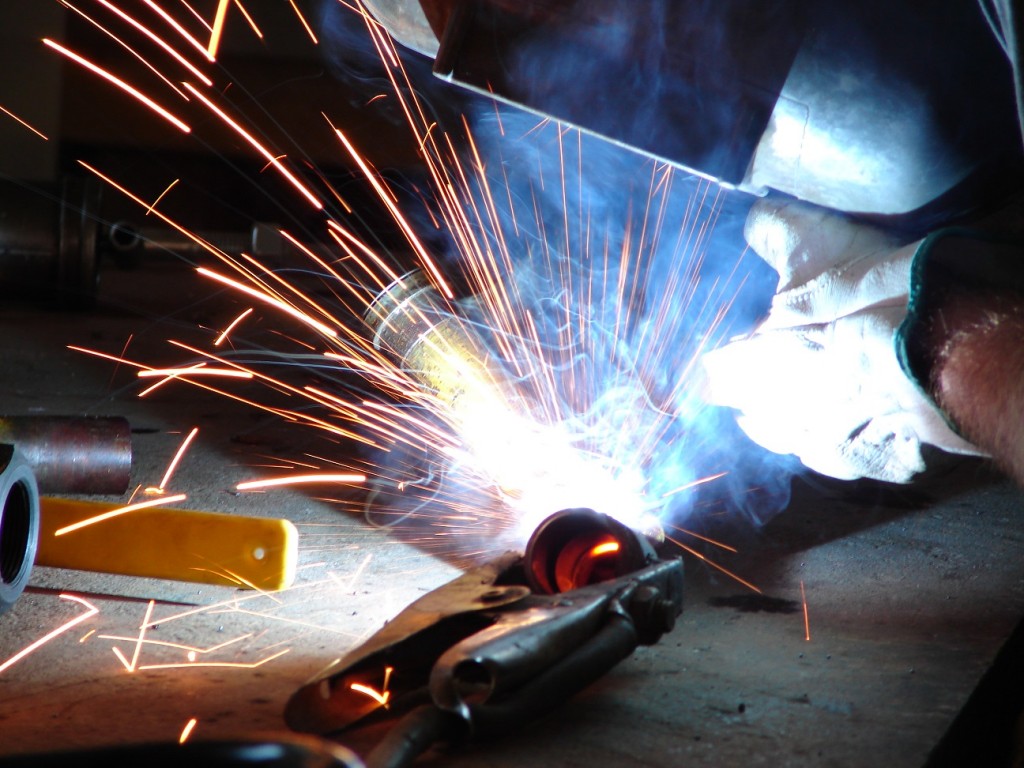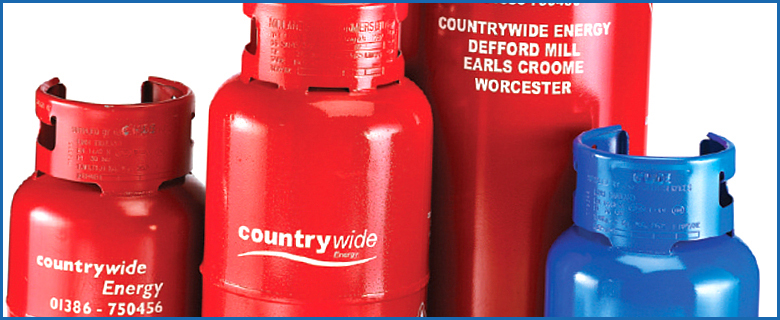LPG SAFETY
Safety precautions for the storage and use of cylinders
General Information
Liquefied Petroleum Gases are stored in cylinders, as propane and butane, in liquefied form under pressure. When the cylinder valve is opened and gas is withdrawn from the cylinder, the pressure falls and the liquid boils.
Both propane and butane , as gases, are heavier than air and any leaking gas will tend to collect at a low level. The gases have a strong and unpleasant smell enabling leakage to be easily detected.
The gases are highly flammable and a small quantity of gas mixed with air can form an explosive mixture.
Storage
Never store cylinders below ground or near drains.
Always store cylinders upright in a cool well ventilated outdoor area away from other flammable materials and nakes flames, and secure from vandalism.
Always handle cylinders with care.
Connection
Always stand cylinders upright on a firm level base.
Never use a cylinder tilted or on it’s side.
Never change or connect cylinders near a source of ignition – i.e. cigarette, open fire, electric fire etc.
Always check that the male ‘bullnose’ connection on propane regulators or pipework is not damaged or dirty before making connection. For screw-on butane connections, check that the sealing washer is in position and in good condition. Make sure clip-on butane regulators are the correct type for the cylinder valve.
Always use the correct spanner to tighten screwed connections (left-hand thread).
Never rely on finger-tight joints.
Never check for leaks with a naked flame. The general area of a leak can often be detected by smell and its exact position determined by brushing a soapy water solution (washing-up liquid) over the suspected area.
Always use special LPG quality flexible hose, conforming to British Standards Specification. Natural rubber and most plastics are not suitable for use with LPG.
Always check hoses for wear before making a connection.
Always use a hose clip for securing hoses to regulators and appliances. On push-on nozzles position the hose clip on the plain section.
Usage
Never use gas appliances without ventilation. All appliances require a plentiful supply of air for correct opperation – carbon monoxide (a very poisonous gas) will be produced if adequate combustion air is not available.
Always read and observe equipment manufacturers instructions.
Always use the correct type of pressure regulator.
Never tamper with the pressure regulator.
Always have a means of ignition ready before turning on the gas – if the flame goes out accidentally, do not attempt to re-light until the escaped gas has been dispersed.
Never apply external heat to a cylinder, even if it is showing signs of frosting.
Always keep the number of cylinders in a work area to the absolute minimum and move empty cylinders to a secure storage area.
CALL US TODAY
Call our friendly, helpful staff now on 01793 612007
We will be happy to discuss your requirements in further detail. We are also currently looking for new trade stockists along the M4 corridor between Newbury and Bristol – if you are interested please contact us.




